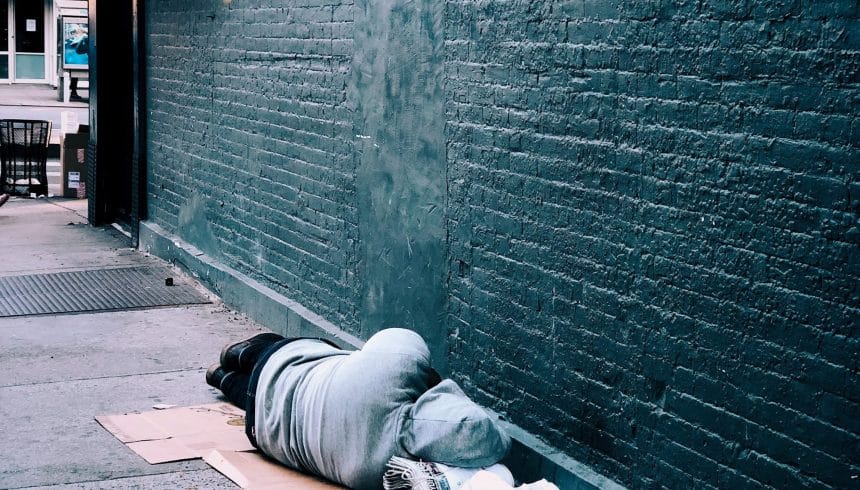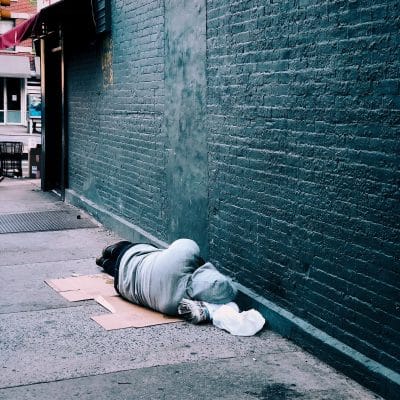On 27th March 2020, the government conceded that everyone street homeless should be urgently housed in light of the COVID-19 pandemic. Over two weeks on, we are still seeing vulnerable refugees and asylum seekers unable to access housing and struggling with the insecurity of street homelessness, and increased risk of infection that brings.
JRS UK supports people made destitute by the asylum process and has been calling for provision of emergency accommodation since the start of the COVID-19 pandemic and the lockdown measures. Some of those JRS supports are perpetually street homeless, and many more live at constant risk of street homelessness, couch-surfing with friends and family.
Since the start of the COVID-19 pandemic, we have heard persistent reports that people’s friends and family are increasingly reluctant to have them stay, due to overcrowding and concern about infection. The JRS UK destitution team knows of several people who have been forced to begin sleeping rough in consequence.
Naomi Turner, JRS UK’s hosting coordinator, explained: “Speaking to one of our refugee friends recently, he told me that he had been trying to get through to the local emergency accommodation phoneline multiple times, and had not been able to speak to anyone to assist him to get off the streets. Our refugee friend was sleeping rough in North London, and very distressed. It was tough to listen to the desperation in his voice – the JRS team and the sector are working hard to advocate for those on a one-to-one level”
JRS UK is calling for better access to local authority emergency accommodation. Referral to emergency accommodation typically occurs through one main homelessness organisation. Many people we support have been unable to get through to them, despite spending hours on the phone, or waiting for hours in one place for an outreach worker to reach them.
Cristina Pecheanu, JRS UK’s Destitution Services Manager, said: “We are still supporting many who are struggling to access emergency accommodation. We have seen people moved into hotels as part of the government response, and know the vital difference this makes. More needs to be done to ensure that everyone who needs it can readily access accommodation. This is vital to save life and protect public health.”
JRS UK’s conversations with colleagues across the homelessness and refugee support sector confirm that access to accommodation continues to be a common problem. In particular, those eligible for asylum accommodation for the Home Office experience significant delays in receiving a response to their application, and ultimately receiving the support they need. Additionally, immigration status and no recourse to public funds conditions continues to act as a barrier to support from some local authorities.
JRS UK advocates for No Recourse to Public Funds conditions to be abolished, and all support to be available irrespective of immigration status, for the duration of the pandemic.
Sophie Cartwright, JRS UK’s policy officer, said “Many vulnerable people continue to go without the help they desperately need, and, all too often, immigration status is an additional barrier, either continuing to limit local authority support or making people afraid of seeking it. Urgent action is required.”
We’re working round the clock to ensure that no one is left without a safe place to isolate. You can help us to do this by donating to our hardship fund or by volunteering with us.



